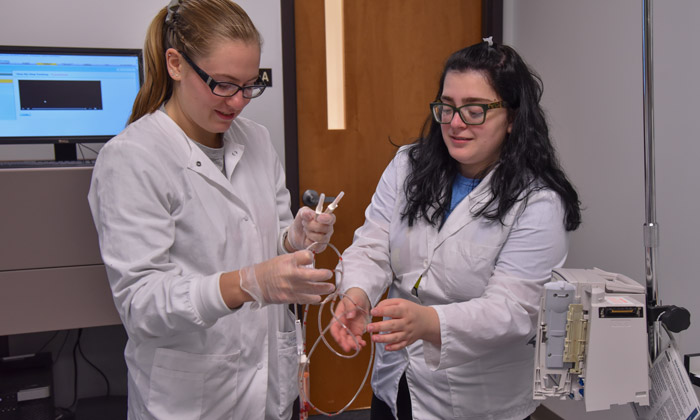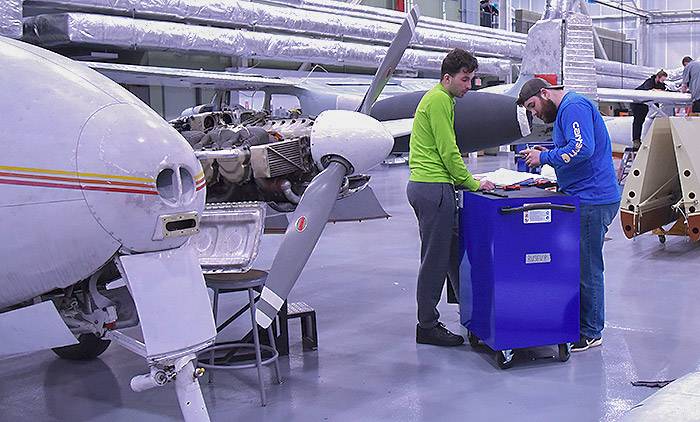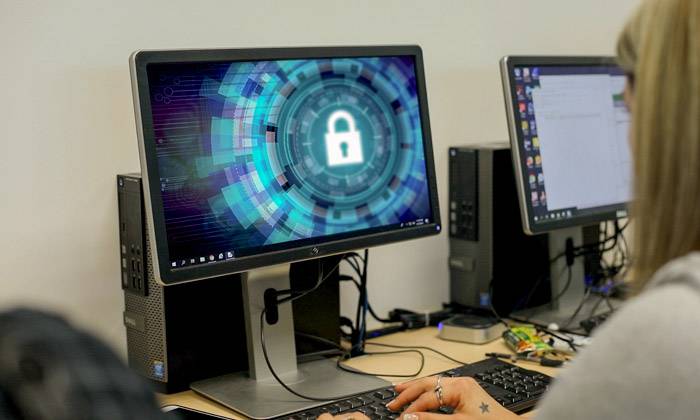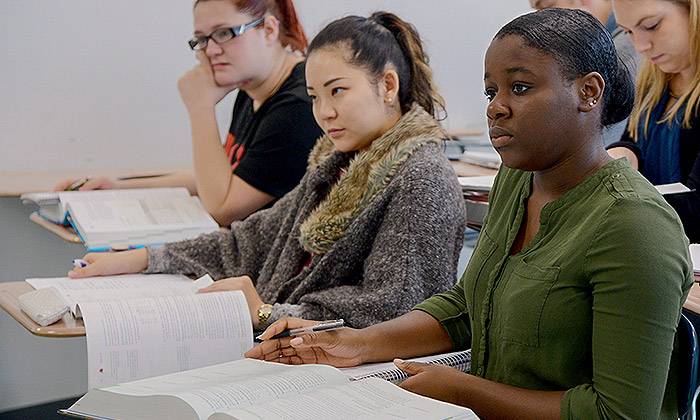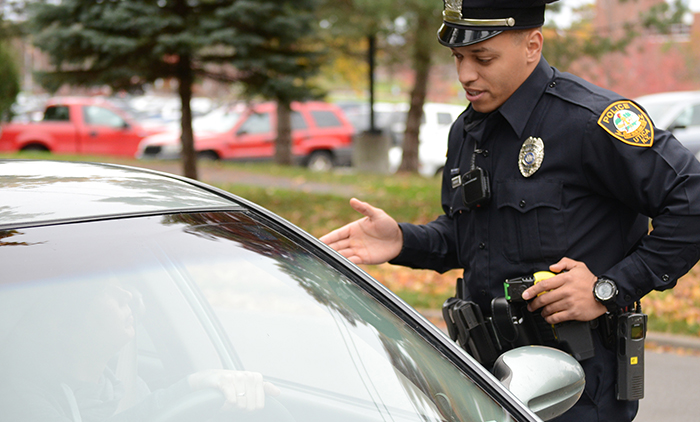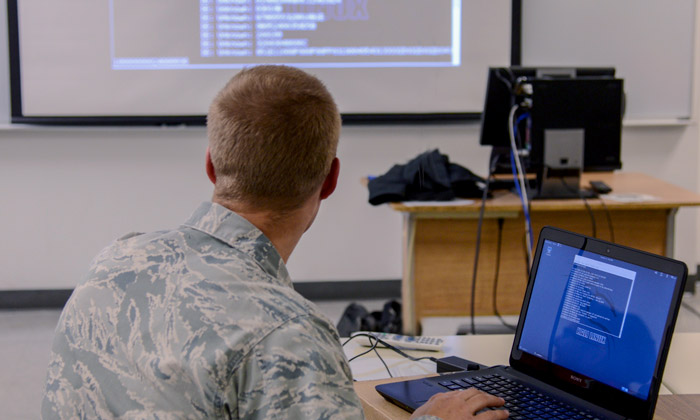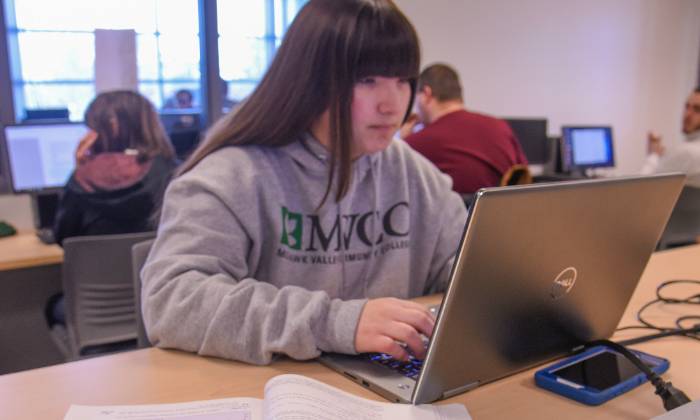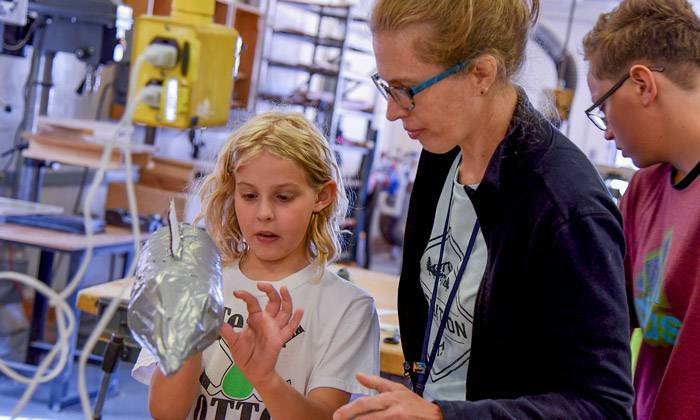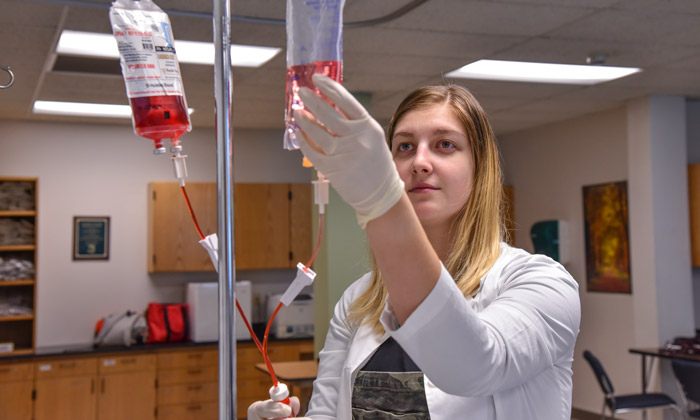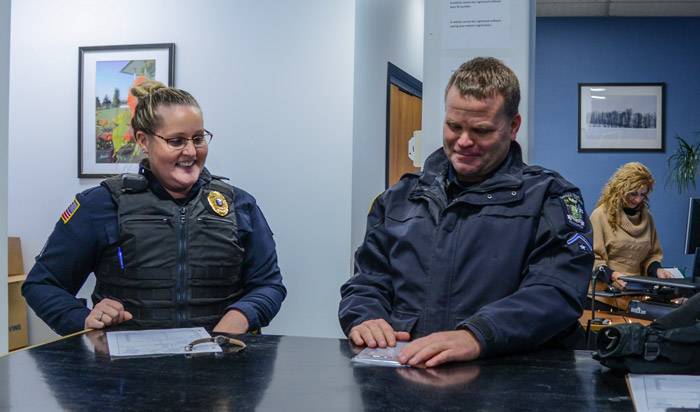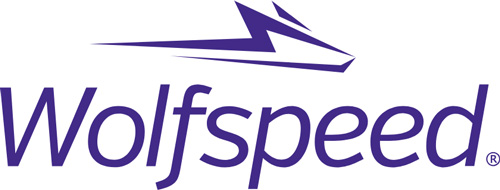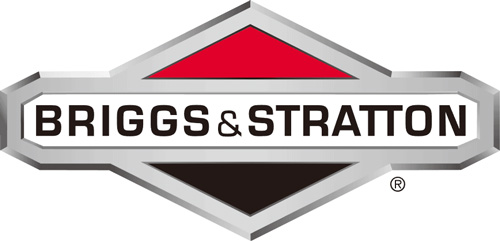For more information, contact:
Zaida Morell
Job Corps Scholars Coordinator
zmorell@mvcc.edu
315-792-5365
PH315A
The Job Corps Scholars program is funded by a $1,186,900 grant from the U.S. Department of Labor.
Job Corps Scholars is an equal opportunity program. We are committed to treating all applicants and team members fairly regardless of their race, national origin, sex, age, disability, veteran status, sexual orientation, gender identity, or any other classification protected by law.
Auxiliary aids and services are available upon request to individuals with disabilities.
This workforce product was funded by a grant awarded by the U.S. Department of Labor’s Employment and Training Administration. The product was created by the recipient and does not necessarily reflect the official position of the U.S. Department of Labor. The Department of Labor makes no guarantees, warranties, or assurances of any kind, express or implied, with respect to such information, including any information on linked sites and including, but not limited to, accuracy of the information or its completeness, timeliness, usefulness, adequacy, continued availability, or ownership. This product is copyrighted by the institution that created it.
 This work is licensed under a Creative Commons Attribution 4.0 International License.
This work is licensed under a Creative Commons Attribution 4.0 International License.
Equal Opportunity Is the Law
It is against the law for this recipient of Federal financial assistance to discriminate on the following bases: Against any individual in the United States, on the basis of race, color, religion, sex (including pregnancy, childbirth, and related medical conditions, sex stereotyping, transgender status, and gender identity), national origin (including limited English proficiency), age, disability, or political affiliation or belief, or, against any beneficiary of, applicant to, or participant in programs financially assisted under Title I of the Workforce Innovation and Opportunity Act, on the basis of the individual's citizenship status or participation in any WIOA Title I-financially assisted program or activity.
The recipient must not discriminate in any of the following areas:
Deciding who will be admitted, or have access, to any WIOA Title I-financially assisted program or activity;
providing opportunities in, or treating any person with regard to, such a program or activity; or
making employment decisions in the administration of, or in connection with, such a program or activity.
Recipients of federal financial assistance must take reasonable steps to ensure that communications with individuals with disabilities are as effective as communications with others. This means that, upon request and at no cost to the individual, recipients are required to provide appropriate auxiliary aids and services to qualified individuals with disabilities.

